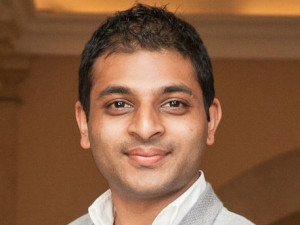
Vodacom - the first operator to unveil a commercial long-term evolution (LTE) service in SA - has launched the new-generation wireless mobile technology in Lesotho, one of the five African countries in which it operates.
Vodacom says it hopes the move will address "the relative scarcity of fixed-line connections" in the Mountain Kingdom.
"LTE is a faster mobile connection technology," explains Vodacom. "With LTE, video and music downloads can be accomplished in a fraction of the time of traditional 3G services, and a host of business tools that would normally rely on a fixed-line connection can now be accessed via mobile."
Vodacom Lesotho MD Ian Ferrao says data demand in Lesotho is growing significantly, with over a quarter of the company's customer base actively using data. "We can only see the trend accelerating from here."
He notes there is a proven link between Internet access and gross domestic product growth, and says Vodacom has been investing heavily in its Lesotho network in a bid to connect as many people as possible.
Vodacom Lesotho, which launched services in 1996, has more than 1.3 million customers. Over 350 000 of these are active data users. In comparison, there are estimated to be fewer than 10 000 fixed-line ADSL connections in the country. "This demonstrates the potential impact of launching LTE across the country," says Vodacom.
The Vodacom LTE service is currently available in Maseru and will be extended to other districts "in the coming months". The service is available to both prepaid and contract customers.
"We've got plans to continue to speed things up from here, so I'm confident that Vodacom will continue to play a big role in getting Lesotho connected into the future," concludes Ferrao.
Share